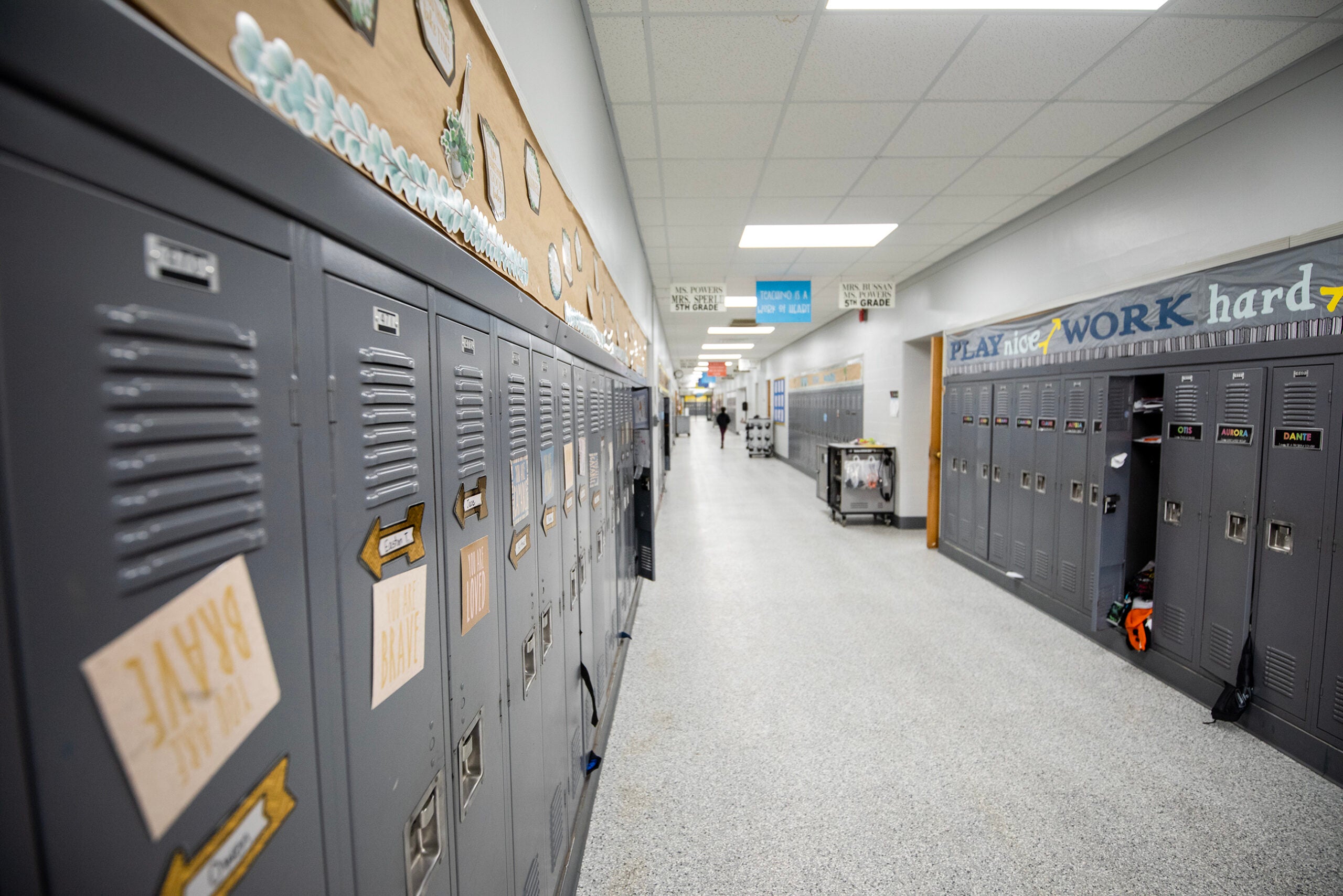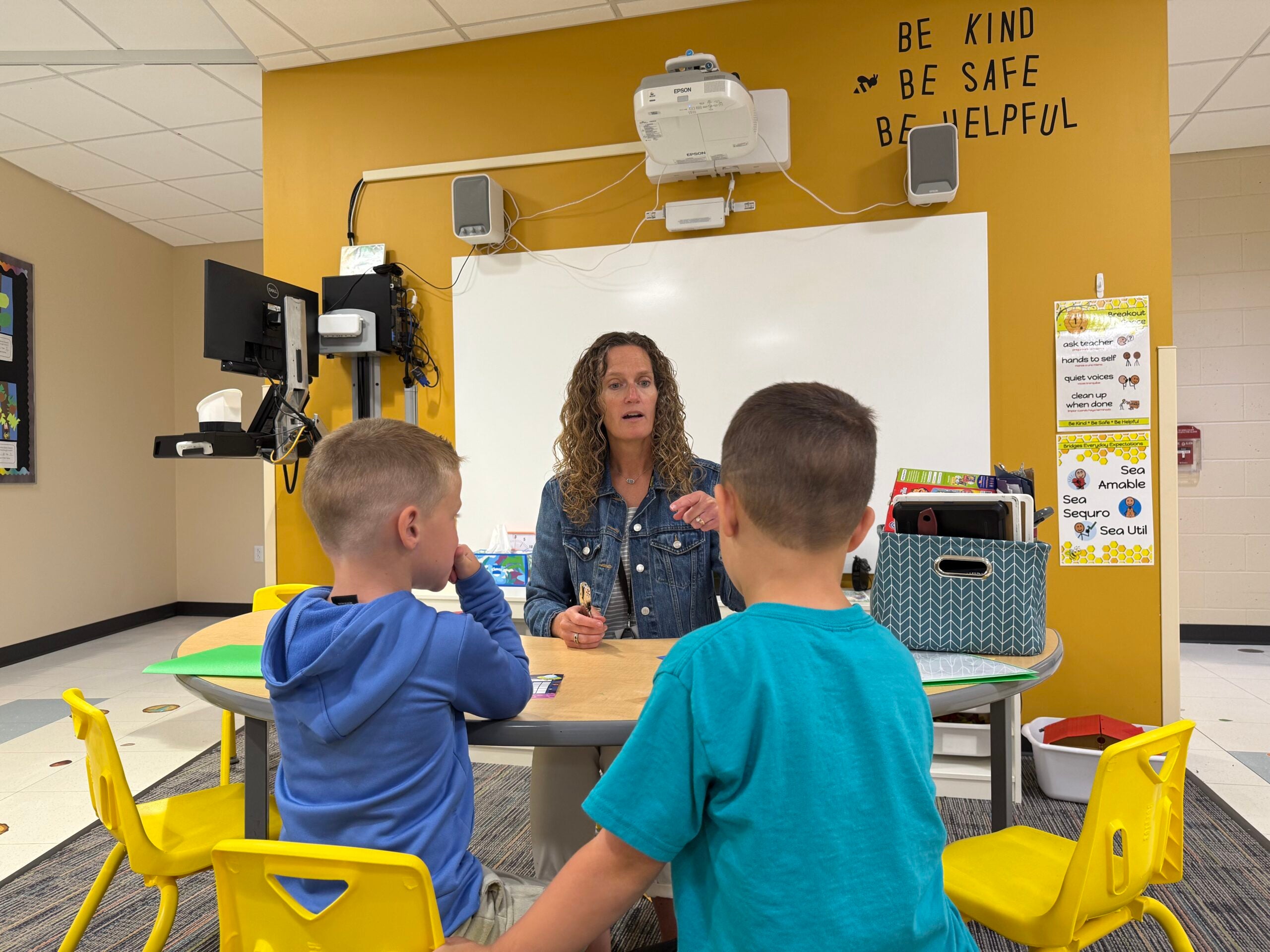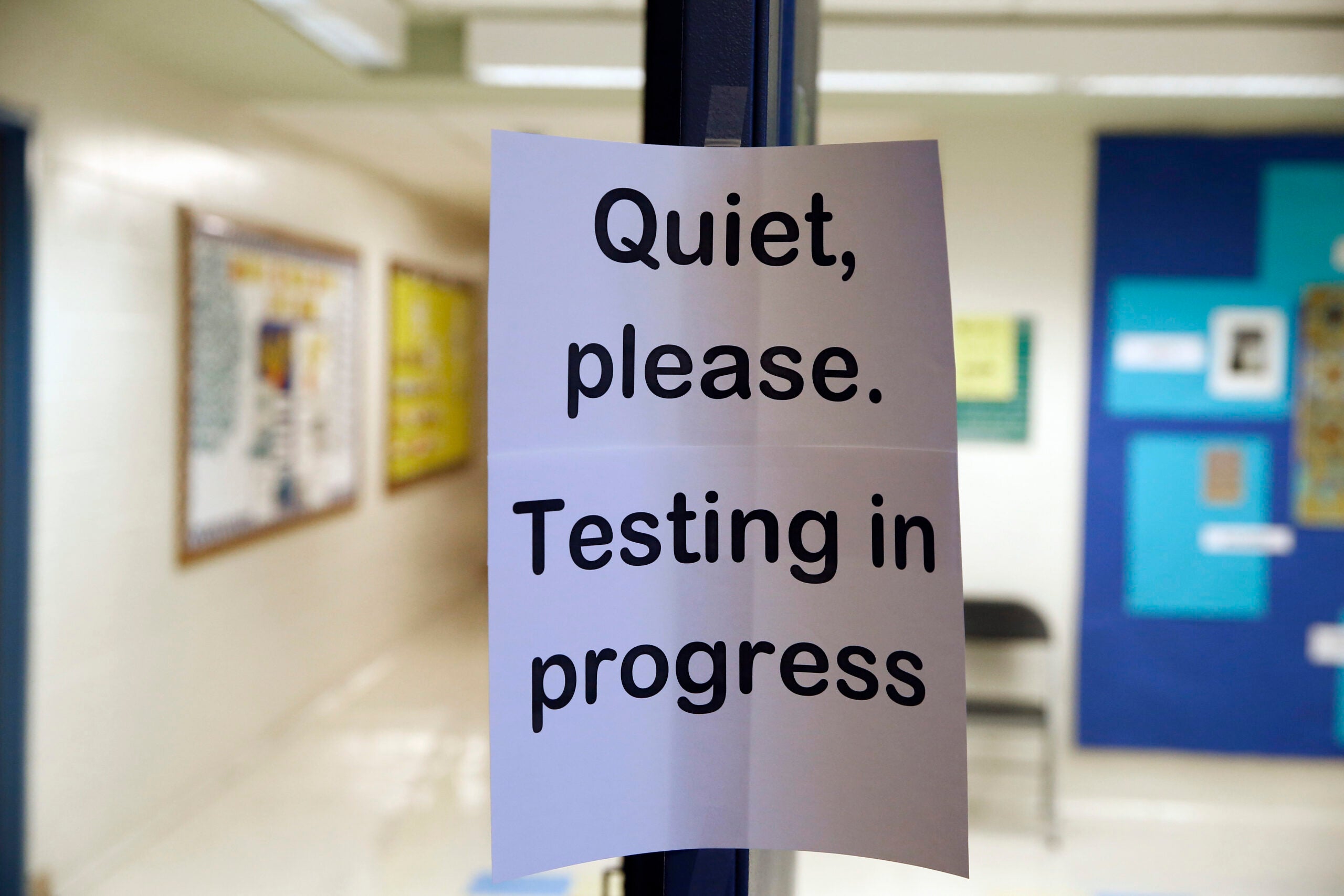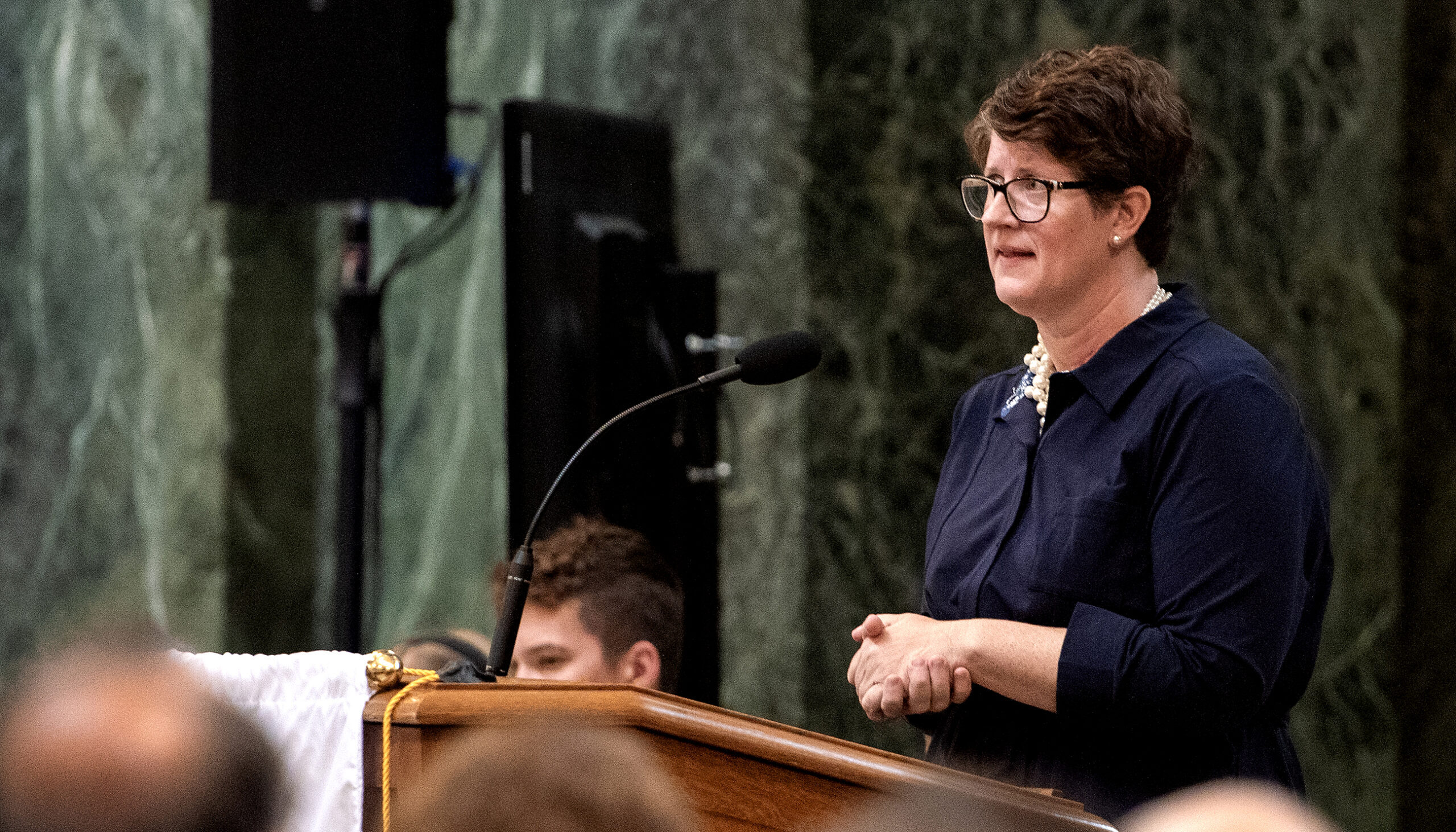An advocate for more 4K funding for public schools throughout the state, state superintendent candidate Jill Underly said investing in preschool programs will help establish a firm foundation for elementary students and help districts retain students who might otherwise be open enrolled to other school districts for child care.
In an interview on “The Morning Show” with Kate Archer Kent, Underly said more investment into 4K programs will also help in higher poverty communities and is one solution to address Wisconsin’s achievement gap, one of the worst in the nation.
Underly, superintendent of the Pecatonica Area School District, is running against Deborah Kerr, the former superintendent of the Brown Deer School District in northern Milwaukee, for the state’s top schools position in the April 6 election.
News with a little more humanity
WPR’s “Wisconsin Today” newsletter keeps you connected to the state you love without feeling overwhelmed. No paywall. No agenda. No corporate filter.
The interview has been edited for brevity and clarity.
Kate Archer Kent: Why do you feel you’re the better candidate for state superintendent than your opponent in this race, Deb Kerr?
Jill Underly: I’ve been a leader in the state by offering full-day, high quality preschool and child care to all families, because we know that high quality preschool helps kids perform better in school and helps families who struggle with child care costs. I’ve safely led my school district through the pandemic this past year, and I’ve had our schools opened since September. We gave parents an option and that worked really well. They got to choose between in-person as well as virtual.
As a parent of two right now who are middle school, I get it. I know how critical it is for our kids to be in school as well as for our workforce and our economy. So, I think I’m the right person right now at the right time.
KAK: Do you think the state should require all schools to start earlier than normal next fall to make up for the learning loss in the pandemic?
JU: I’m not in favor of requiring that. I’ve talked to parents and a lot of them want their kids to have a normal summer. But I do feel that if that’s what they want to have locally, they should work with their school boards and their district leaders to make that happen.
KAK: Should schools that provide in-person learning receive more state funding than schools that are providing virtual or hybrid instruction?
JU: I think that’s one of those questions that on the surface sounds like a great idea. But honestly, when you go below the surface, it really opens up questions about equity. The schools that are open right now are the rural schools. They’re primarily white, they have the resources — maybe they have smaller class sizes already, so they’re able to socially distance, and they have PPE (personal protective equipment).
In other communities, especially communities of color where we have larger schools, and we have crowded classrooms and probably outdated buildings and HVAC systems, that’s why the buildings are closed. And there are certainly expenses associated with virtual learning, such as technology. So I think we have to really question what the motivations are behind that.
KAK: Choice advocates say you’re hypocritical because you championed public schools, but you did pay to enroll your kids in private school while you lived in Madison. What is your response to that?
JU: Yeah, I had a chuckle when I heard that because it was so long ago. And I think it’s misleading, to be honest. I sent my kids to a full-day private preschool and full-day, full-week 4K and 5K, because it was also child care, and it was wraparound care and my public school didn’t offer it. So I made sure that when I became superintendent at Pecatonica to bring those programs to my public school. So all kids have it here at my school now. I brought it to Pecatonica because I didn’t have that as a parent.
KAK: You’ve suggested phasing out the state’s voucher program. If the program is a drain on public schools and their students, as you say, why not eliminate vouchers now?
JU: It’s tough. I don’t want to ever take away something that a kid currently has. There’s lots of kids in the voucher program and I wouldn’t take away a voucher from them. But I do feel that we should put a freeze on the enrollment.
When you look again at the long-term impact that this is having on our public schools — our facilities are crumbling or teachers’ pay isn’t increasing, we’ve got extra demands on our schools — and they’re not getting the funding for it, you have to wonder why.
So in the long term, we can’t afford two public school systems, and we need to make sure that every child has access to a quality education in a public school every day.
Wisconsin Public Radio, © Copyright 2025, Board of Regents of the University of Wisconsin System and Wisconsin Educational Communications Board.






